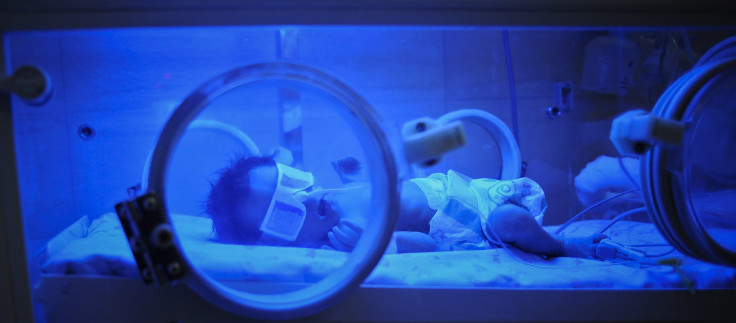Artificial Uterus Of Hohenstein Institute Is Coming Soon

The ARTificial UteruS, or ARTUS that was developed by a group of experts at the Hohenstein Institute in Bönnigheim, Germany, was recently honoured in the new application category at the Techtextil Innovation Award 2015. ARTUS is the world’s first artificial uterus. It is capable of helping premature babies develop with the application of sensory stimulation. The 13th Techtextil Innovation Award 2015 is presented to those with innovative ideas and future-oriented developments in the field of technical textiles, nonwovens and functional apparel textiles.
The creation of ARTUS is another step forward in restructuring the replica of a natural mother’s womb. It provides the sensory stimulation and environment that an unborn baby requires. ARTUS can create the acoustic stimuli like the mother’s voice and heartbeat in the incubator. These stimuli would be transmitted to the premature baby.
The neonatologists of the Hohenstein Institute are presently observing the effectiveness of ARTUS to ensure that it can provide the premature babies the same sense of security and sensory stimuli that they would experience in their mother’s womb. The five components such as the respiration, muscle tone, response to touch, skin colour and heart rate are measured at regular intervals. This innovation is expected to solve problems related to the premature babies’ development.
“In the first stage, however, we will be satisfied if we can just see a general improvement in the condition of the babies under observation. The functionality of our prototypes also needs to be optimised and modified for use in everyday clinical practice before the product is launched on the market,” ARTUS project leader Prof. Dr. Dirk Höfer states in the Hohenstein Institute’s press release.
Disinfectants can be used to wash ARTUS. The main plus point of this invention is that the premature babies will never suffer from harmful radiation because no electrical wires will be used in generating the mechanical stimuli. From a medical viewpoint, once the premature baby is born, these sensory stimuli should be provided immediately so that the development of the infant’s brain continues.
So far, there are no such medical devices in the market for incubators that have sensory integration therapy. Only the current incubators used across the world can provide controlled oxygen supply and required humidity.
Approximately 50,000 premature babies are born yearly in Germany. Some of the premature babies require intensive medical care in incubators for a couple of weeks or even months. It is also observed that the premature babies, as they grow up, continue to suffer from sensory or motor deficiencies for lacking prenatal sensory stimuli of the mother’s womb. ARTUS is the first ever textile “therapist” of its kind and it can be very helpful for both premature babies and their mothers.
To report problems or leave feedback on this article, email the reporter at: spghosh.ghosh@gmail.com




















